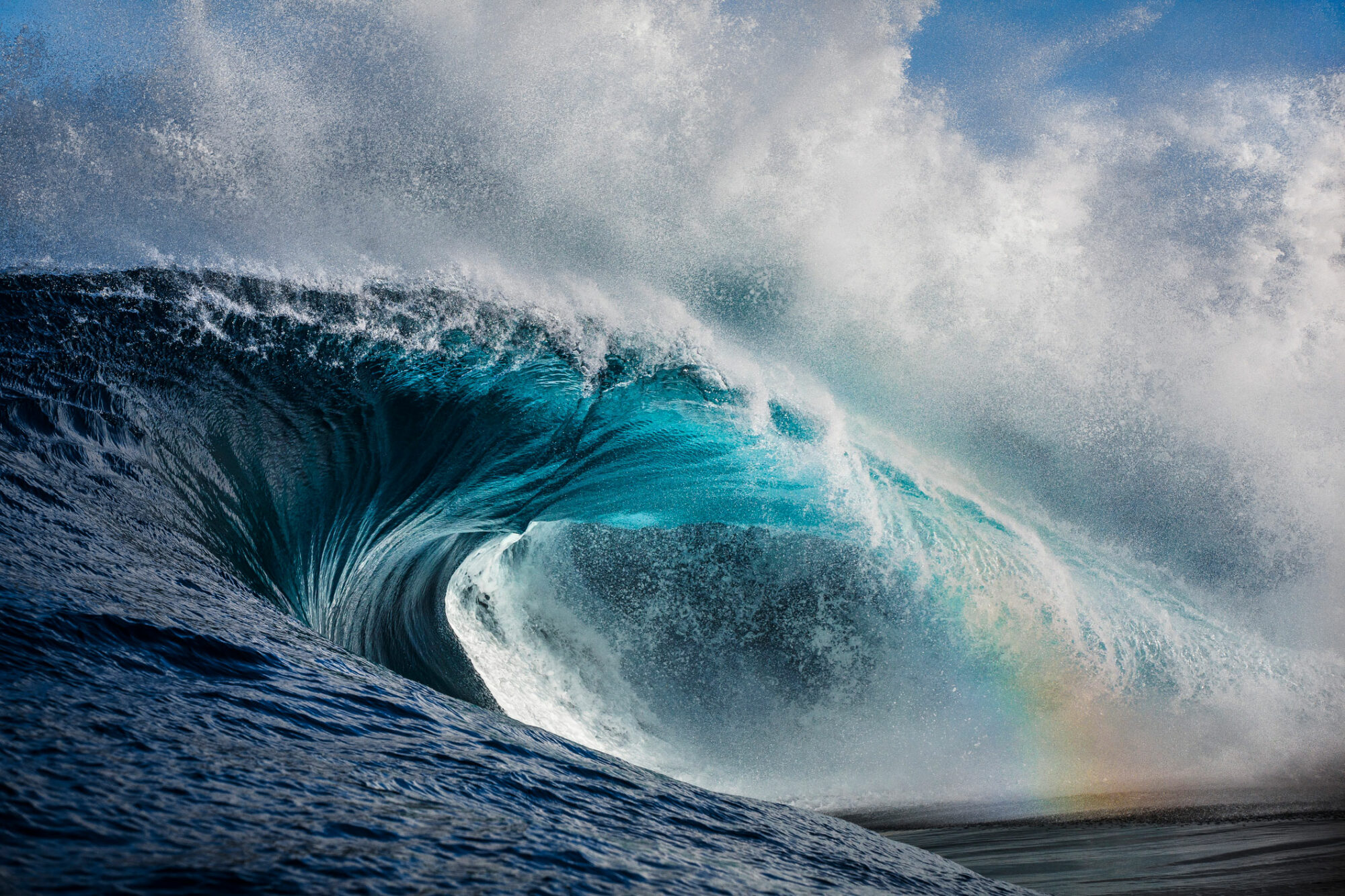What is the future of the Web 2.0 revolution?
Platforms
The Netflix miniseries The Playlist, about the birth and evolution of Spotify, is very interesting to understand how a digital product is born, and what cultural, technological, design and business challenges it faces. The narrative solution with which the authors managed to talk about these issues without weighing down the story is also nice.
But most of all, the series makes people think about the "natural laws" of business evolution, and about the platform model in particular. With the crisis threatening Meta, Amazon’s layoffs, and the chaos Elon Musk has brought inside Twitter, almost everyone is wondering what will happen to the realities that have literally shaped our world. And what will happen to our world.
Also because all of these realities, however different from each other, followed a similar parabola: they started out as startups that wanted to destroy the establishment, and they became the establishment. It happened to Spotify too, which today holds the same overwhelming power once attributed to the record companies it fought against. Now we all look at the global landscape dominated by the new giants and wonder: what future does this new establishment have?
A pirate's dream
We certainly know its background. That is, we know how profoundly platforms have changed our lives: who remembers how we used to download songs 20 years ago?
We know what needs, what desire for freedom and change the emergence of platforms has responded to.
After watching The Playlist, it is charming to see a sort of unintentional prequel to the series, the TPB AFK documentary. The title stands for The Pirate Bay Away From Keyboard. It tells the story of the founders of the file-sharing site The Pirate Bay, and help us understand why Spotify was born, and why in Sweden.
The platforms brought out the need for sociability, sharing, and connection that animated the network in its early stage. They concretized a widespread demand for horizontality and democracy, a desire to break down hierarchies and eliminate the mediations that kept people away from the things they loved to do, say, listen to and produce. Web 2.0 was a revolution: the ideal of a free, democratic world where everyone could have access to information and express themselves, where culture was not the privilege of a few, but the benefit of all.
That revolution swept through all areas of our lives, from work to politics. It generated hope and enthusiasm, created heroes and figures that became legends, it shaped a new idea of the future.
The dream has not remained confined to a handful of activists; over the years, major global brands have absorbed the principles of digital culture and brought them into their actions and communication. Today, with the platform crisis, these principles are being hit by a wave of skepticism. The liberators have become the villains, the revolutionaries of yesteryear have turned into the conservatives of the status quo. So, what future lies ahead?
The revolution continues
Just looking at the present scenario, we at I MILLE have convinced ourselves of one thing: we should not stop believing in the promises that gave birth to the platforms, and in the possibility of realizing them. The revolution is not over yet, and perhaps the shake-ups that are reshuffling the digital culture are also a necessary transformation. It would not be surprising if unpredictable innovative startups, founded by platform "outsiders," will emerge from the ongoing reshuffling, capable of taking up the platform discourse by learning from the mistakes made in recent years.
The call for freedom and sharing that animated realities like The Pirate Bay held the ferment and spirit that should nurture the future of the Internet and digital culture.
Let’s go back to the TPB AFK documentary. During the trial against the collective, judges and lawyers used the expression IRL ("In Real Life") to distinguish what happens in the "real" world from what happens in the "virtual" world. And the TPB three contradicted them by saying: "We prefer the expression AFK - Away From Keyboard." Because everything that happens mediated by the Internet is real, the people who connect are real, as are the content and goods exchanged, or the relationships created. The only difference is that some things happen at the keyboard, and others away from it. If you substitute the word "keyboard" with something like "VR helmet" or "AR glasses," there you have the philosophy of the metaverse explained, 15 years in advance. I don't know if the metaverse will be the name for the new redesign of digital environments. But I do believe that what will make it a vibrant and meaningful place will be the organizations that will bring us the same demand for freedom and sharing as the pirates. Organizations and people capable of taking back the right to dream that we can be free and live in a more equitable, just and inclusive world. To take back the courage to make activist statements. To bring these dreams, the things they believe in, into their own campaigns and work, because a brand that works provokes, moves consciences, charts paths of individual and collective discovery, and offers a positive glimpse into the future.
